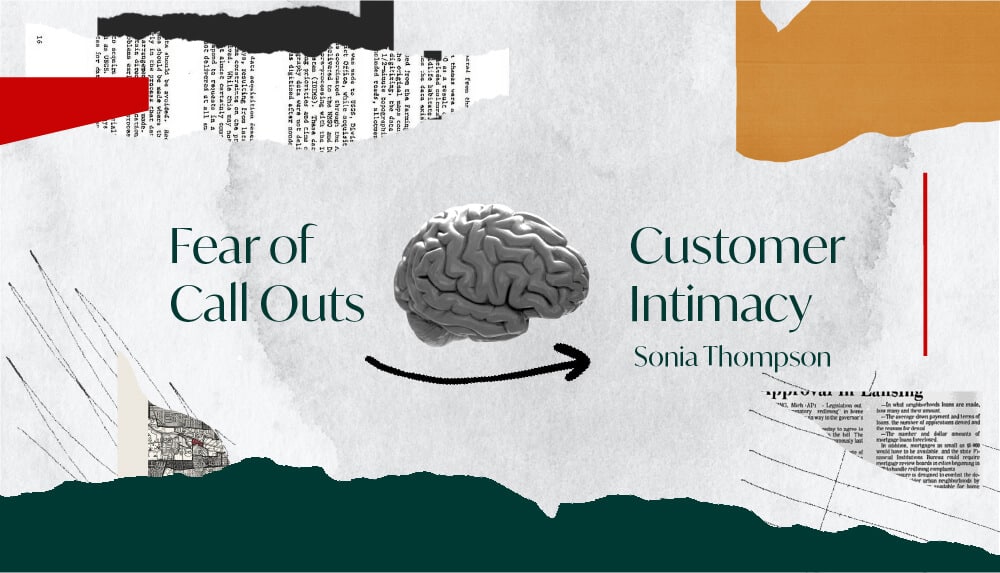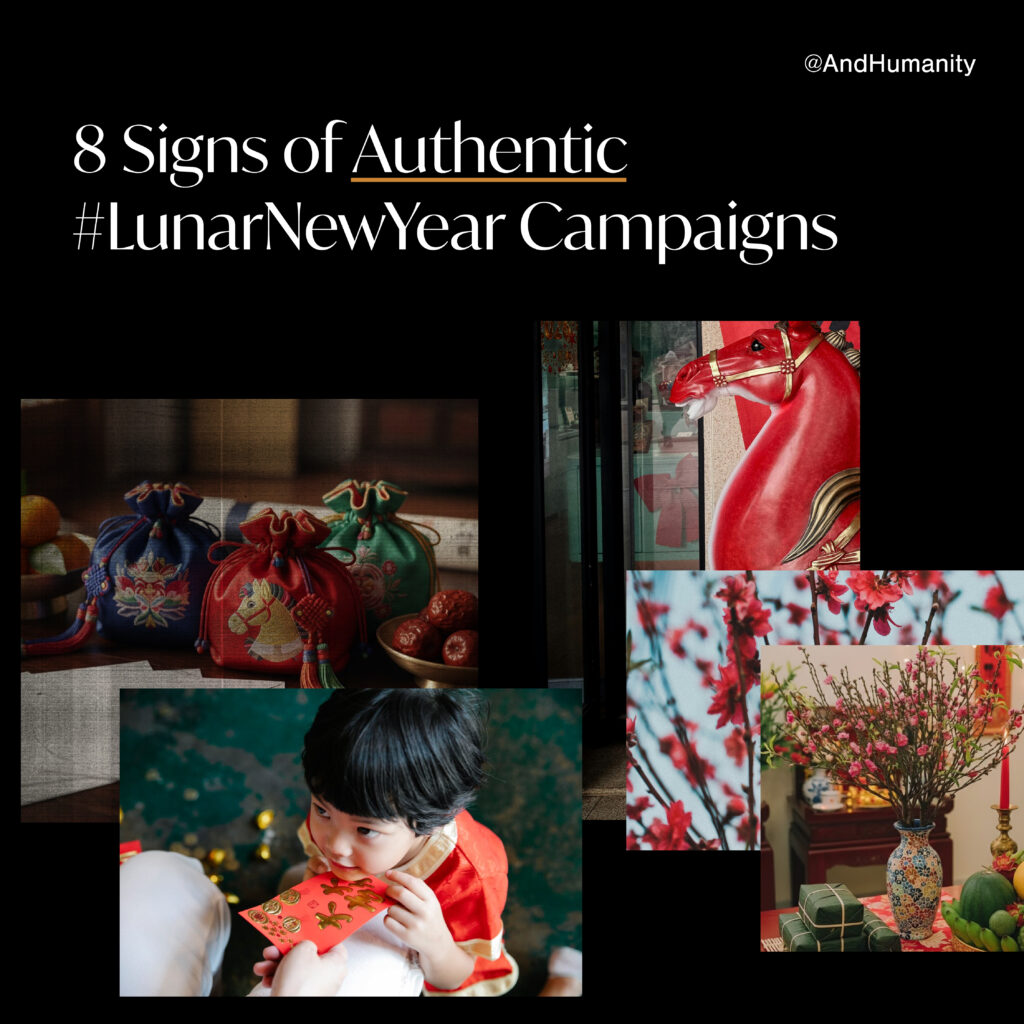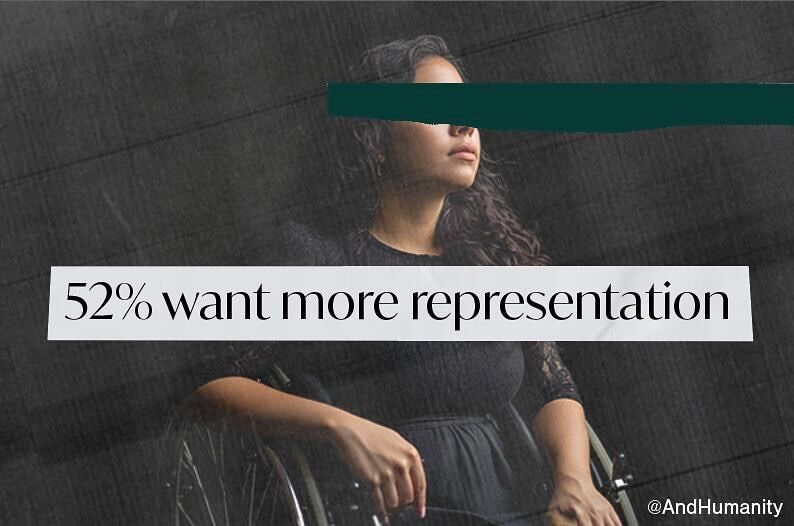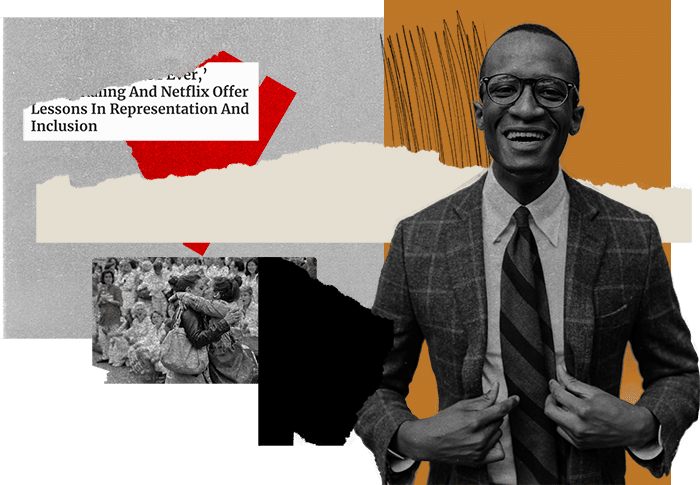As an agency that speaks with CMOs, CCOs, Directors of Marketing/Communications from various brands on a daily basis, we can confidently attest to a concerning trend we’re noticing around the overarching approach to inclusive marketing and communications.
Don’t get us wrong; positive intentions and genuine care are there. People and organizations alike have a sincere desire to be inclusive. But unfortunately, the motivation to actually change is often inspired by a common misguided mindset: the fear of being called out.
Contrary to popular belief, avoiding call outs should never be the driving reason behind integrating inclusion into your MarComm work.
Let’s repeat that; Avoiding call outs should never be the driving reason behind integrating inclusion into your MarComm work.
But why? Isn’t being called out or canceled as a brand the ultimate disaster? The short answer is “no”. How a brand reacts to being called out is already more critical than the initial call-out, which almost every brand is going to be vulnerable to regardless of their inclusion efforts. It’s impossible to please everyone, and inevitable that brands will make mistakes. What builds trust is listening, learning, and making change.
Possibly more importantly, the issue with this mindset is that it’s a defensive one. Our conversations with professionals in the industry are often peppered with terms like “worried”, “afraid”, and “cautious” – all in relation to being called out. What this does is completely change the focus of the work and derail the true objectives behind authentic inclusive marketing and communications. People and organizations don’t make sound, strategic decisions from a place of fear.
When a brand is led by a defensive mindset, it often results in a check-box approach. This means that the focus is on trying to be more inclusive through one-off actions, focused on correcting mistakes. So, what should brand advisors be doing instead? Investing deeply into customer intimacy (shout out to AndHumanity advisor, Sonia Thompson for popularizing this term). At its core, customer intimacy means a brand truly understands and adapts to an audience’s experiences and needs. This requires a deep respect for diversity and intersectionality within that audience.
Without customer intimacy, a brand will never be able to authentically relate and communicate with underserved and underrepresented audiences. And without being able to authentically relate, a brand is going to get called out anyways.
Inclusive marketing and communications is about connection. It’s about imagining a better future. It’s about lasting, positive impact. When we act out of fear or defensiveness, we limit possibilities and stand in the way of true inclusion, which benefits audiences and brands alike. So let’s prioritize truly getting to know underserved audiences, understanding the barriers individuals face, and helping remove these barriers to create better access. If you do this instead, you’ll start seeing call-outs not as an end, but rather, a beginning.









